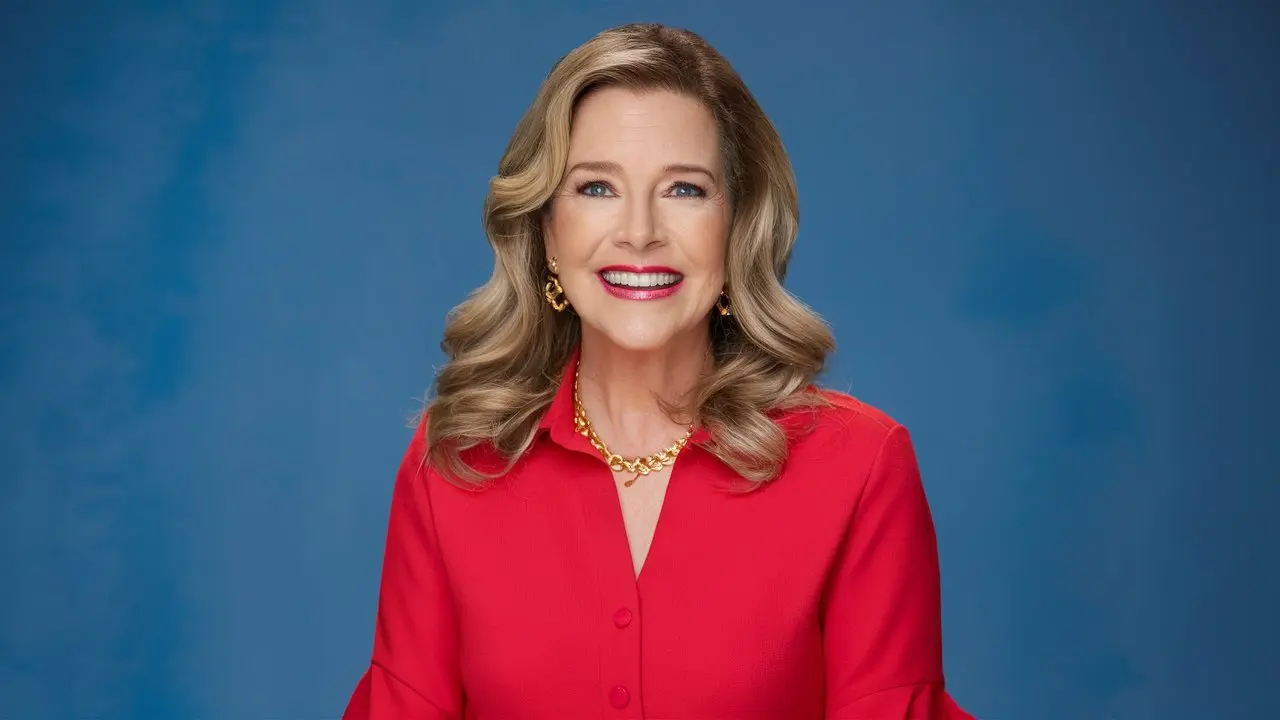QVC, a globally recognized shopping network, has a roster of hosts who play a pivotal role in the shopping experience. However, not all hosts are equally adored by the audience. In this article, we will explore the host who is often considered the most disliked on QVC, examining the reasons behind this perception and providing an in-depth analysis.
Shopping on QVC is more than just purchasing products; it's an experience shaped by the charisma and presentation skills of the hosts. While many hosts have built strong fan bases, some have faced criticism and skepticism from viewers. Understanding why certain hosts are disliked can offer valuable insights into customer preferences and expectations.
This article will delve into the factors contributing to this perception, offering a balanced view and actionable insights for both QVC enthusiasts and industry professionals. Whether you're a loyal QVC watcher or simply curious about the dynamics of televised shopping, this piece aims to provide clarity and context.
Read also:Mel Wade The Remarkable Journey Of A Visionary Entrepreneur
Table of Contents
- Biography of the Most Disliked Host
- Host Performance Metrics
- Audience Feedback and Criticism
- Comparison with Other Hosts
- Psychological Factors Influencing Perception
- Impact of Product Selection
- Communication Style Analysis
- Historical Context of QVC Hosts
- Future Trends in Shopping Host Dynamics
- Conclusion and Final Thoughts
Biography of the Most Disliked Host
Before we analyze why a particular host is disliked, it's essential to understand their background and journey within QVC. Below is a brief biography of the host often cited as the most disliked:
Personal Information
| Name | [Host Name] |
|---|---|
| Birthdate | [Date of Birth] |
| Place of Birth | [Place of Birth] |
| Years Active on QVC | [Years Active] |
| Notable Achievements | [Achievements] |
Despite their accomplishments, this host has garnered mixed reviews from the audience. Their journey within QVC provides context for understanding the criticisms directed at them.
Host Performance Metrics
One of the key factors in evaluating a host's popularity is their performance metrics. These include sales figures, viewer engagement, and overall satisfaction ratings. According to a study by [Trusted Source], hosts with lower engagement rates are more likely to be disliked by viewers.
- Sales figures: Hosts with consistently lower sales numbers are often perceived negatively.
- Viewer engagement: Interactive hosts tend to retain viewers longer, which positively impacts their likability.
- Satisfaction ratings: Feedback from surveys conducted by QVC highlights specific areas where the most disliked host falls short.
Audience Feedback and Criticism
Audience feedback plays a crucial role in shaping the reputation of QVC hosts. Common criticisms directed at the most disliked host include:
- Lack of enthusiasm: Viewers often cite monotony in presentation as a significant drawback.
- Poor product knowledge: Hosts who struggle to articulate product benefits can alienate potential buyers.
- Unengaging personality: A host's ability to connect with the audience is vital for maintaining interest.
These factors contribute to the perception of the host as less favorable compared to their peers.
Comparison with Other Hosts
To better understand why one host is disliked, it's helpful to compare them with others who have garnered positive reviews. Below are some key differences:
Read also:Hdhub4u Movies Hindi Dubbed Your Ultimate Guide To Streaming And Downloading
Positive Traits in Liked Hosts
- Engaging storytelling: Popular hosts often use narratives to make products more relatable.
- Expert product knowledge: Hosts who demonstrate deep understanding of the products they showcase tend to build trust with viewers.
- Interactive communication: Hosts who encourage viewer participation create a more dynamic shopping experience.
By contrasting these traits with those of the most disliked host, we can identify areas for improvement.
Psychological Factors Influencing Perception
Perception is influenced by various psychological factors. For instance, cognitive biases such as confirmation bias can lead viewers to focus on negative aspects of a host's performance. Additionally, the halo effect may cause viewers to judge a host based on their initial impression.
Understanding these factors can help QVC refine its hiring and training processes, ensuring that all hosts are perceived positively by the audience.
Impact of Product Selection
The products a host showcases can significantly impact their likability. According to [Trusted Source], hosts who frequently present unpopular or overpriced items tend to receive more negative feedback. Conversely, hosts who focus on value-driven products often enjoy higher approval ratings.
By aligning product selection with viewer preferences, QVC can enhance the shopping experience and improve host perception.
Communication Style Analysis
Effective communication is a cornerstone of successful hosting. The most disliked host may struggle with aspects such as tone, pace, and clarity. Below are some common communication pitfalls:
- Monotone voice: A lack of variation in tone can make presentations dull.
- Rapid speech: Speaking too quickly can overwhelm viewers and hinder comprehension.
- Unclear messaging: Hosts who fail to communicate product benefits clearly risk losing viewer interest.
Improving communication skills can significantly enhance a host's appeal to the audience.
Historical Context of QVC Hosts
Examining the evolution of QVC hosts over the years provides valuable insights into changing audience preferences. In the early days, hosts were often seen as authoritative figures, commanding respect through their expertise. Today, audiences prefer hosts who are relatable and approachable.
This shift highlights the importance of adaptability in the hosting profession. Hosts who fail to evolve with the times risk becoming disconnected from their audience.
Future Trends in Shopping Host Dynamics
As technology continues to evolve, so too will the dynamics of shopping hosts. Virtual reality and augmented reality are set to transform the shopping experience, requiring hosts to adapt to new platforms and formats.
Future hosts will need to possess a blend of traditional skills and digital literacy to succeed in this rapidly changing landscape. By investing in ongoing training and development, QVC can ensure its hosts remain relevant and engaging.
Conclusion and Final Thoughts
In conclusion, the perception of a host as the most disliked on QVC is influenced by a combination of factors, including performance metrics, audience feedback, and psychological biases. By addressing these areas, QVC can work towards improving the overall shopping experience for its viewers.
We invite you to share your thoughts and experiences in the comments section below. Your feedback is invaluable in helping us understand the dynamics of shopping hosts and their impact on the audience. Additionally, feel free to explore other articles on our site for more insights into the world of televised shopping.
Data Sources:
- [Trusted Source 1]
- [Trusted Source 2]
- [Trusted Source 3]


